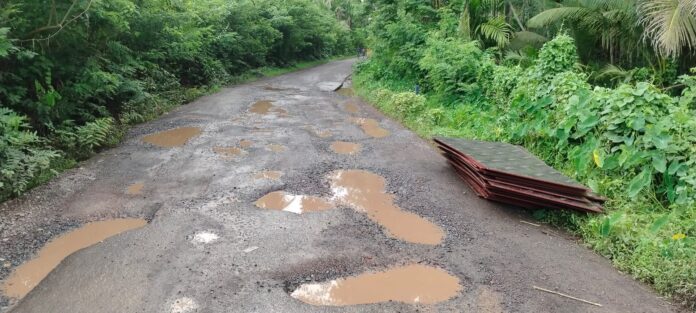Andaman and Nicobar Islands’ Member of Parliament Bishnu Pada Ray has urged the Union Ministry of Road Transport and Highways to expedite approval of Phase-II projects under the Central Road Fund (CRF), citing the pressing need for improved connectivity across the island territory. The appeal follows the recent sanction of Phase-I works, which the MP described as a major relief for residents.
On August 28, 2024, the Ministry sanctioned 90 works amounting to Rs. 49.98 crore under Phase-I of the CRF scheme. The projects are aimed at addressing infrastructure gaps across different parts of the islands. Ray expressed gratitude to Union Minister Nitin Gadkari for delivering on the commitment he made during his December 2024 visit to the territory, noting that the announcement has generated significant optimism among the local population.
Highlighting the urgency of further action, Ray confirmed that the Andaman and Nicobar Administration has already submitted proposals for Phase-II. The package consists of 40 works worth Rs. 113.29 crore and was formally forwarded to the ministry through a letter dated September 11, 2025. The proposals, he said, reflect carefully identified priorities in road development and connectivity, areas where the union territory faces long-standing constraints due to its geography and budgetary limitations.
According to Ray, the financial support from the Centre is crucial, given that the union territory’s own budgetary resources are insufficient to address the scale of infrastructure requirements. Improved road connectivity is considered central to development in the islands, which are spread across vast distances and often constrained by difficult terrain. Better roads not only improve access to healthcare, education, and markets but also support tourism, which is a key driver of the local economy.
The MP has requested the Union Minister to consider the proposals on priority, granting both financial sanction and administrative approval. He argued that swift approval of Phase-II works would not only accelerate the pace of development but also consolidate the momentum created by Phase-I. The success of the earlier sanction, he said, had boosted public confidence and reinforced expectations of further central support.
Phase-II projects are expected to address connectivity issues in underserved areas, ease transport challenges, and improve resilience against weather-related disruptions, which are common in the islands. Local communities have long sought better road infrastructure to overcome isolation and ensure smoother movement of goods and people.
Ray reiterated his appreciation for Gadkari’s continued support, stressing that his ministry’s engagement has played a pivotal role in addressing the islands’ infrastructure backlog. The MP framed the upcoming sanction as not just an administrative measure but a step that would directly improve the daily lives of residents.
Central schemes such as CRF provide the financial backing needed to supplement the territory’s constrained resources. The upcoming Phase-II projects, if approved, are expected to extend the benefits of Phase-I while addressing new areas of need identified by the administration.
Ray’s appeal underscores a broader theme of dependence on central support for remote territories like the Andamans. By linking the request to the demonstrated success of Phase-I, the MP has sought to build a case for continuity and timely sanction of Phase-II. The decision now rests with the ministry, which will weigh the proposals in the context of national infrastructure priorities and resource allocation.
For island residents, the approval of Phase-II would represent progress toward resolving long-standing connectivity challenges and a tangible sign of continued attention from the Centre.






